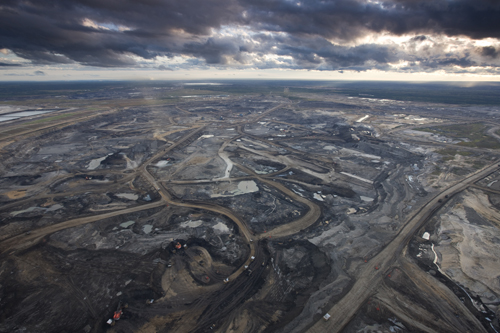Workshops on Capitalism
Problems With Capitalism
Economists, politicians, the very wealthy, the media they own, and their supporters frequently tell us that our current economic system ― free-market capitalism — is the best of all possible economic systems. They point to the vast wealth it has supposedly created and the huge choice of goods to be found on the shelves of stores and the vast range of services we can purchase.
Yet our current system has also produced massive inequality in wealth. This means that the benefits are benefits only for the few. Billions live in poverty while billionaires live with unimaginable wealth, which not only gives them access to luxury goods and services but also carries with it enormous inequality in power, to the point where democracy barely exists.
In particular, many of those goods are produced by people in unsafe sweatshops in countries with few or no laws to protect against exploitation, at wages that cannot buy the goods they produce — they have to be shipped across the world to high-wage countries that themselves have a large and increasing population of people who can’t afford the goods, as shown by the rise in numbers of unhoused and food bank use.
Much of the wealth “created” by the system is simply “extracted” from non-renewable resources with only trivial royalties being paid that do not compensate even the people alive today, let alone those yet unborn who will inherit an impoverished Earth, whose resources are scattered in landfill and oceans. For example, Nestlé corporation pays the people of Ontario $503.71 per one million litres, about $0.0005 per litre of water from aquifers that refill far more slowly than the extraction rate
This isn’t wealth “creation”; it’s theft.
Furthermore, they don’t bear the cost of the extraction and use. They abandon oil wells and coal mines, leaving the landscape poisoned with crude oil, tailings ponds and slag heaps.

Figure 1: Athabasca Tar Sands, Alberta, Canada.
Even worse, the abuse of the land under this system is resulting in mass extinctions and the results of using all the fossil fuels are changing our climate, resulting in fire, flood, drought, melting of ice caps and glaciers, acidification of the oceans, rising sea levels, mass migration and more. Precisely because under capitalism, decisions are taken in the name of profit for the decision-makers with no consideration of the consequences for anyone else.
This should be enough to make us suspect that perhaps capitalism is not the best of all possible economic systems.
Previous: Global Human Social Systems | Next: The Concepts of Capitalism | Return to Table of Contents

